-
×
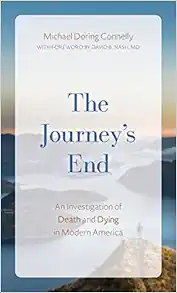 The Journey's End: An Investigation of Death and Dying In Modern America (EPUB)
1 × 3 $
The Journey's End: An Investigation of Death and Dying In Modern America (EPUB)
1 × 3 $ -
×
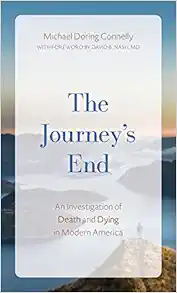 The Journey's End: An Investigation of Death and Dying In Modern America (PDF)
1 × 3 $
The Journey's End: An Investigation of Death and Dying In Modern America (PDF)
1 × 3 $ -
×
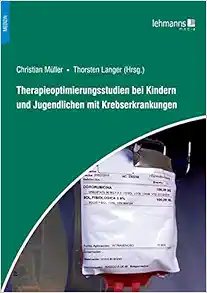 Therapieoptimierungsstudien bei Kindern und Jugendlichen mit Krebserkrankungen (PDF)
1 × 2 $
Therapieoptimierungsstudien bei Kindern und Jugendlichen mit Krebserkrankungen (PDF)
1 × 2 $ -
×
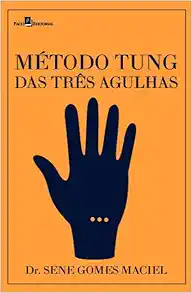 MÉTODO TUNG DAS TRÊS AGULHAS (EPUB)
1 × 1 $
MÉTODO TUNG DAS TRÊS AGULHAS (EPUB)
1 × 1 $ -
×
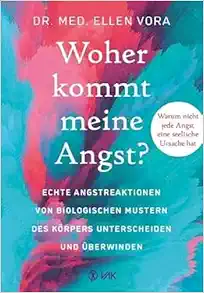 Woher kommt meine Angst?: Echte Angstreaktionen von biologischen Mustern des Körpers unterscheiden und überwinden (PDF)
1 × 3 $
Woher kommt meine Angst?: Echte Angstreaktionen von biologischen Mustern des Körpers unterscheiden und überwinden (PDF)
1 × 3 $ -
×
 Communication in Healthcare (PDF)
1 × 1 $
Communication in Healthcare (PDF)
1 × 1 $ -
×
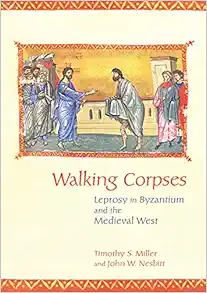 Walking Corpses: Leprosy in Byzantium and the Medieval West (EPUB)
1 × 2 $
Walking Corpses: Leprosy in Byzantium and the Medieval West (EPUB)
1 × 2 $ -
×
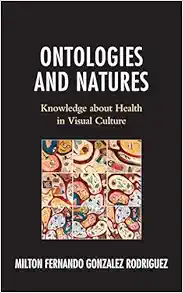 Ontologies and Natures: Knowledge about Health in Visual Culture (PDF)
1 × 7 $
Ontologies and Natures: Knowledge about Health in Visual Culture (PDF)
1 × 7 $ -
×
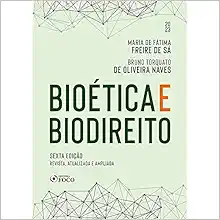 livro bioetica e biodireito (EPUB)
1 × 4 $
livro bioetica e biodireito (EPUB)
1 × 4 $
CoronAsur: Asian Religions in the Covidian Age (PDF)
2 $
Format : Publisher PDF
File Size : 7 MB
Category: Medical Book
By Emily Zoe Hertzman, Natalie Lang, Erica M. Larson, Carola E. Lorea, Dr. Fatema Aarshe, Dr. Yasmeen Arif, Dr. Indira Arumugam, Dr. Swayam Bagaria, Dr. Raka Banerjee, Dr. Md. Khaled Bin Oli Bhuiyan, Dr. Hsun Chang, Dr. Ankana Das, Dr. Deepsikha Dasgupta, Dr. Dean Koon Lee Wang, Dr. Nia Deliana, Dr. Beverly Anne Devakishen, Dr. Kanchana Dodan Godage, Dr. Faizah Zakaria, Dr. Amelia Fauzia, Dr. Nalika Gajaweera, Dr. Daniel P.S. Goh, Dr. Siti Zubaidah Ismail, Jack Meng-Tat Chia, Dr. Nurul Fadiah Johari, Dr. Sinah Theres Kloß, Dr. Lei Ting, Dr. Alvin Eng Hui Lim, Dr. Marianna Lis, Dr. Lynn Wong, Dr. Neena Mahadev, malini@apu.edu.in Malini Bhattacharjee, Dr. Mariano Errichiello, Dr. Muhammad Lutfi Bin Othman, Dr. Mukul Pandey, Dr. Lim Peng Chew, Dr. Dishani Roy, Dr. Louie Jon A. Sánchez, Dr. Saymon Zakaria, Dr. Shen Yeh-Ying, Dr. Yuki Shiozaki, Dr. Show Ying Ruo, Dr. Esmond Chuah Meng Soh, Dr. Terence Chong, Tran Thi Thuy Binh, Dr. Duy Thanh Thanh, Dr. Catherine Margaret West, Dr. Yuanhao Zhao, Dr. Yijiang Zhong, Dr. Philipp Zehmisch
For an open-access edition and online resources, including video and additional images, visit the CoronAsur page on Manifold. https://manifold.uhpress.hawaii.edu/projects/coronasurBy the summer of 2020, when the coronavirus had fully entered our everyday vocabulary and our lives, religious communities and places of worship around the world were already undergoing profound changes. In Asian and Asian diaspora communities, diverse cultural tropes, beliefs, and artifacts were mobilized to make sense of Covid, including a repertoire of gods and demons like Coronasur, the virus depicted with the horns and fangs of a traditional Hindu demon. Various kinds of knowledge were invoked: theologies, indigenous medicines, and biomedical narratives, as well as ethical values and nationalist sentiments. CoronAsur: Asian Religions in the Covidian Age follows the documentation and analysis of the abrupt societal shifts triggered by the pandemic to understand current and future pandemic times, while revealing further avenues for research on religion that have opened up in the Covidian age.Developed in tandem with the research blog CoronAsur: Religion and COVID-19, this volume is a “phygital” publication, a work grounded in empirical roots as well as digitally born communication. It comprises thirty-eight essays and dozens of videos and other online content that examine Asian religious communities―Muslim, Buddhist, Hindu, Daoist, and Christian as well as popular/folk and new religious movements―in terms of the changes brought on by and the ritual responses to the Covid pandemic.Studying religious narratives, practices, and changes in the Covidian age adds to our understanding of not only the specific groups in which they are situated, but also the coronavirus itself, its disputed etiologies and culturally contextualized exegeses. CoronAsur offers a comprehensive and timely discussion of Covidian transformations in religious communities’ engagements with media, spaces, and moral and political economies, documenting how religious practices and discourses have co-produced the meanings of the pandemic.
Product Details
Publisher : University of Hawaii Press (September 30, 2023)
Language : English
Paperback : 360 pages
ISBN-10 : 0824895789
ISBN-13 : 978-0824895785
Be the first to review “CoronAsur: Asian Religions in the Covidian Age (PDF)” Cancel reply
You must be logged in to post a review.



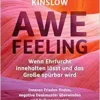
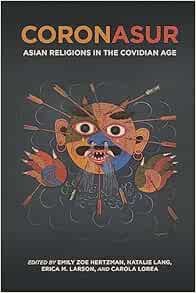
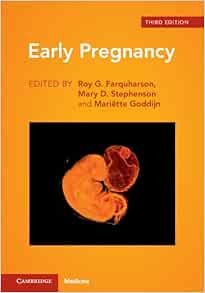
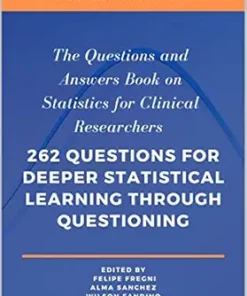
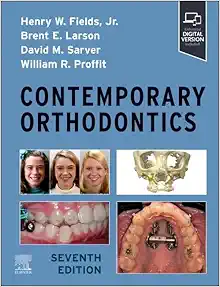

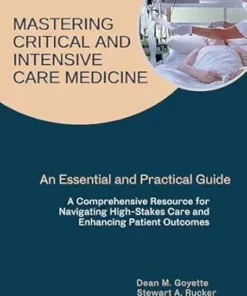

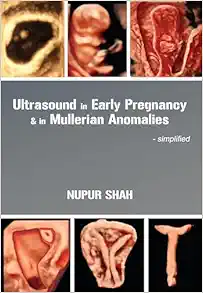
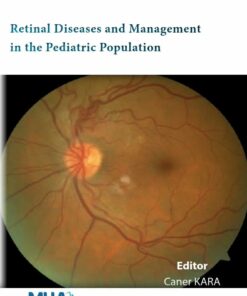


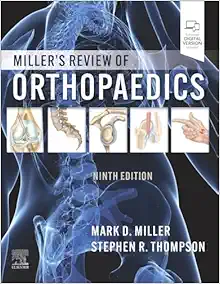
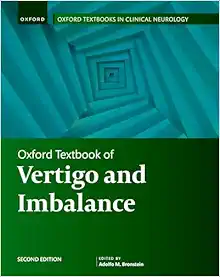
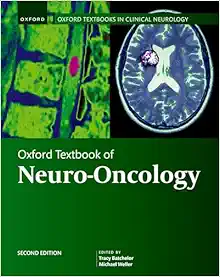
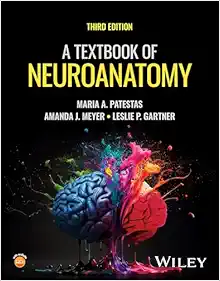

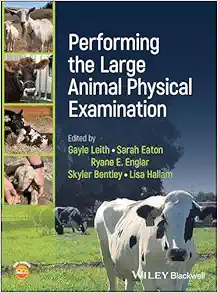
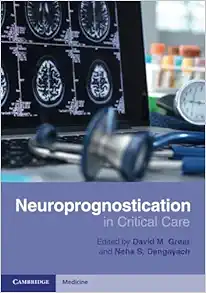
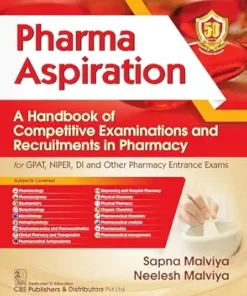
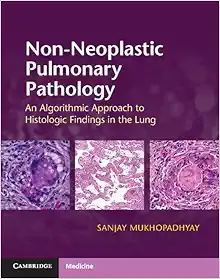
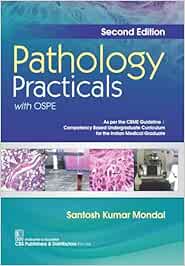
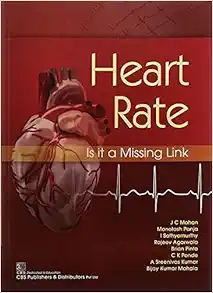
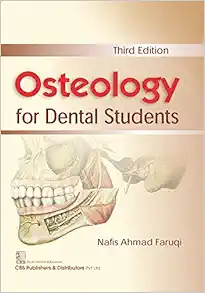
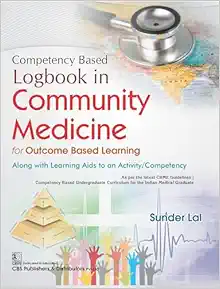
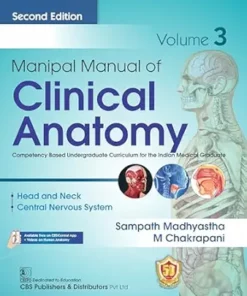
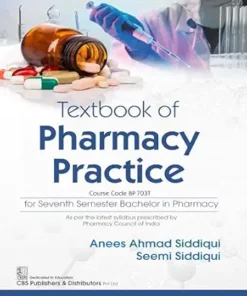

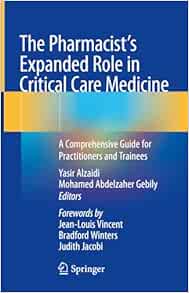
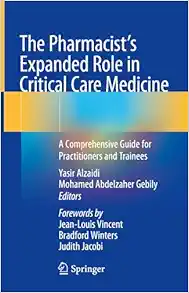
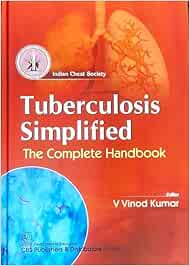
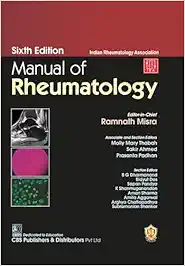
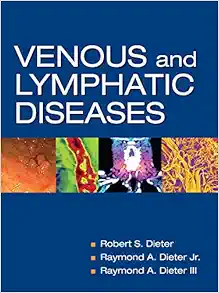
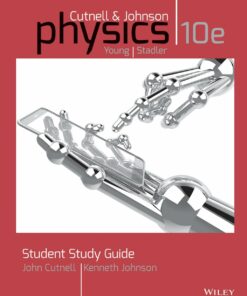

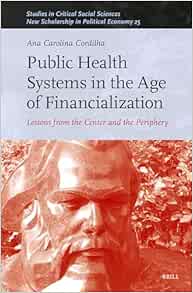
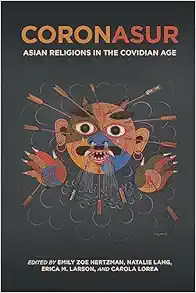

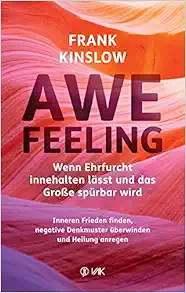
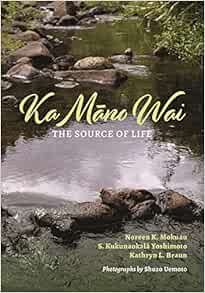
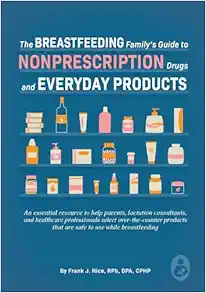

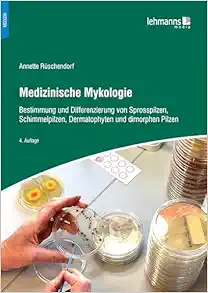
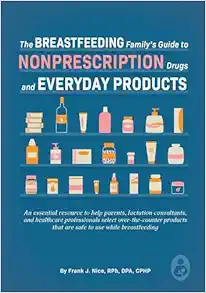

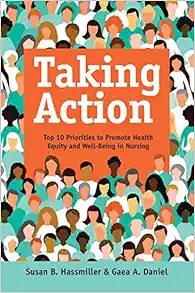
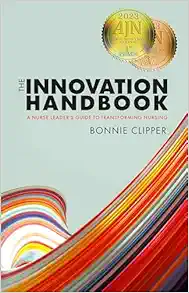
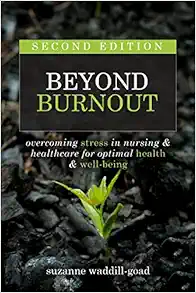

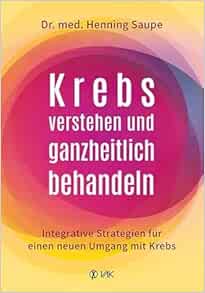
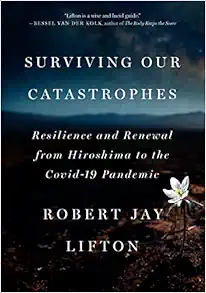
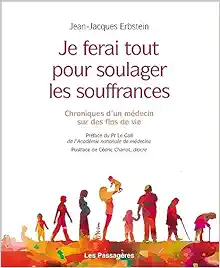
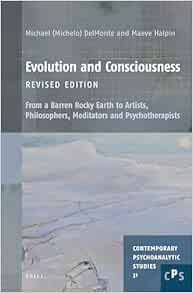
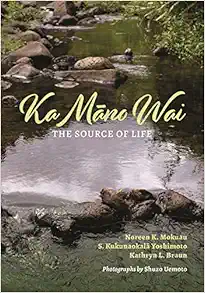
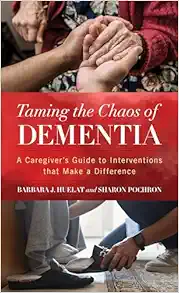
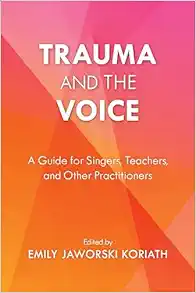
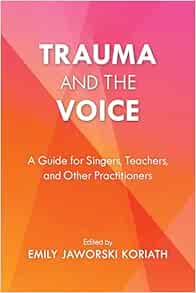
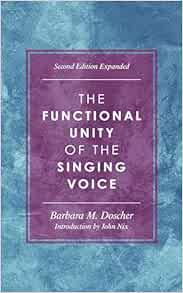
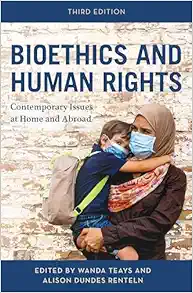

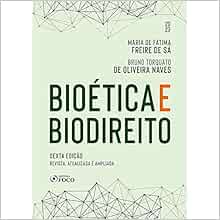
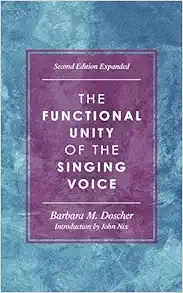
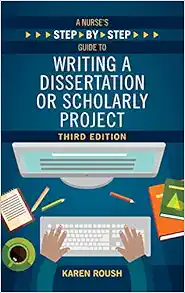
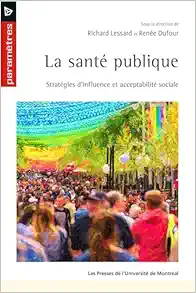
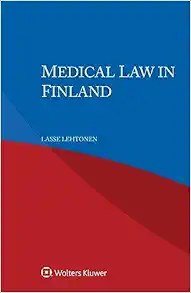
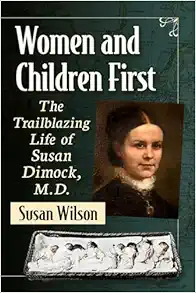
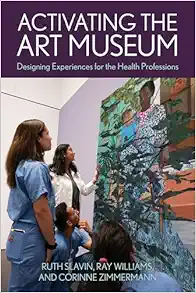
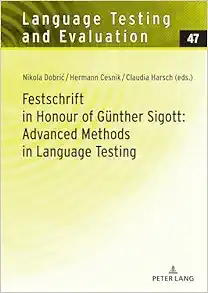
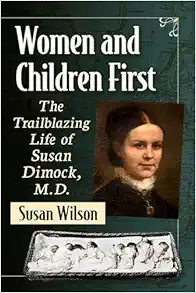
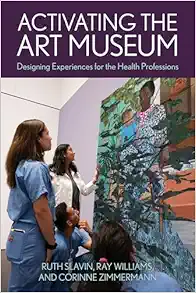
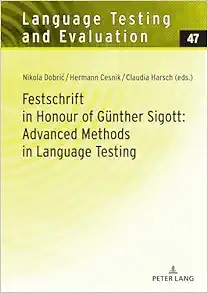
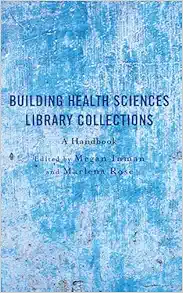

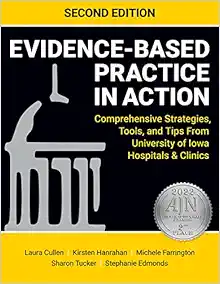

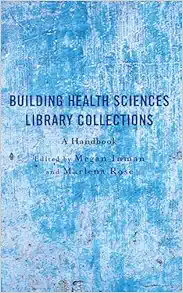
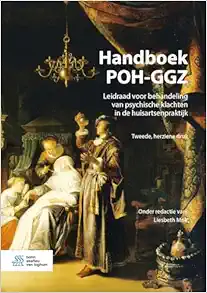
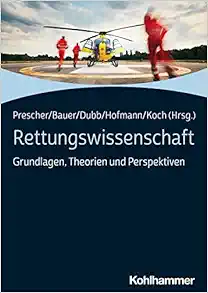
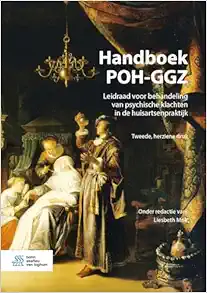
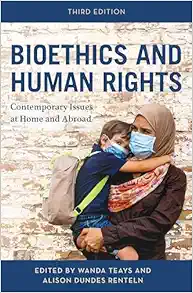
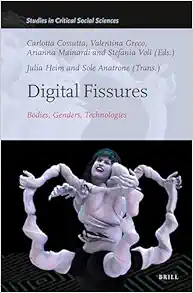
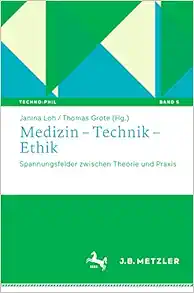
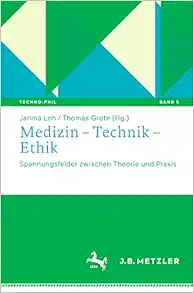
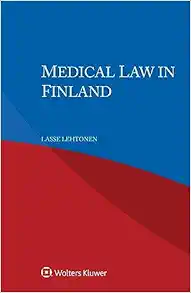
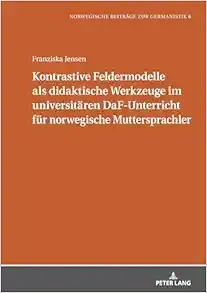
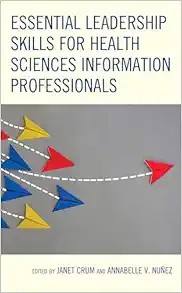
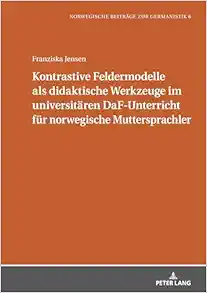
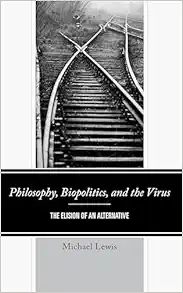
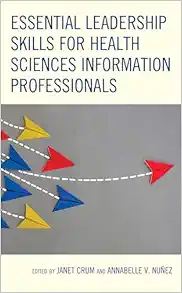
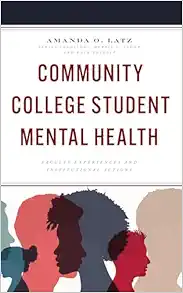
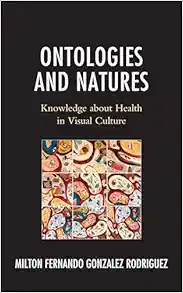
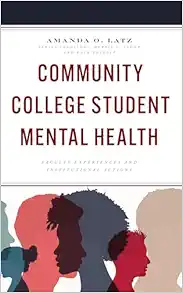
Reviews
There are no reviews yet.